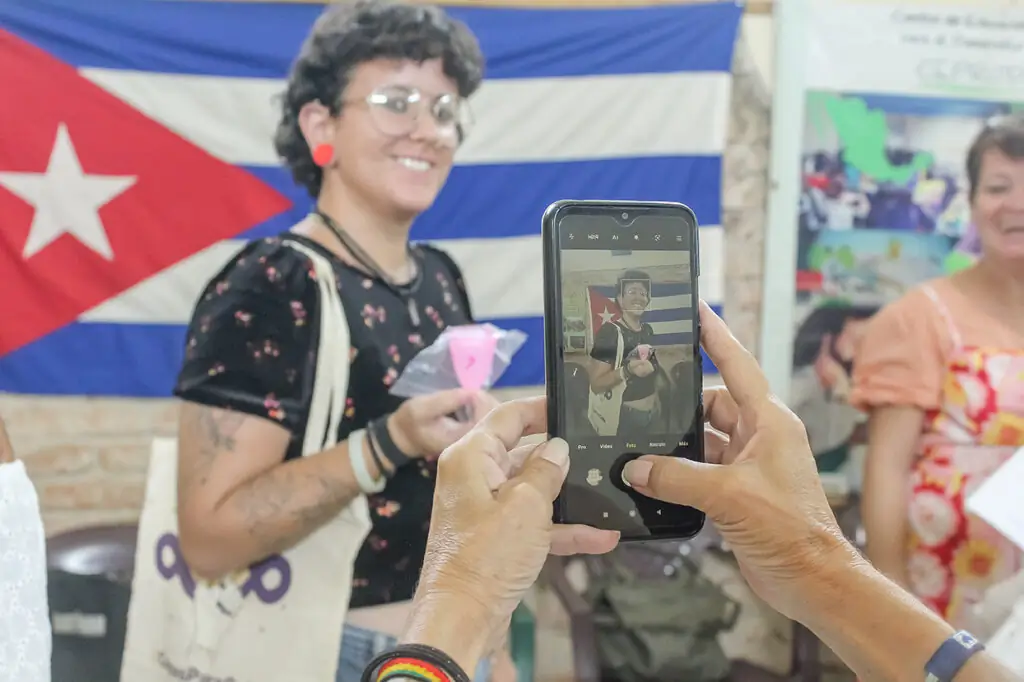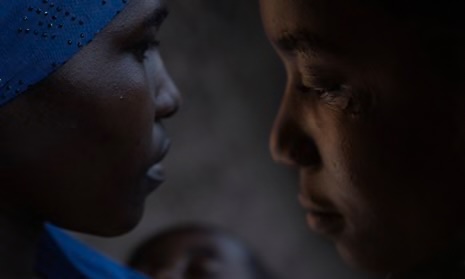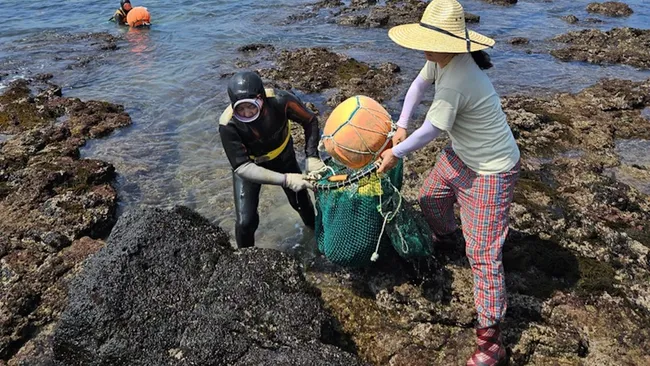Advancing women’s economic empowerment in Cuba
Society29.03.2024

No country in the world has achieved gender equality, and Cuba, where I live and work, is no exception. Gender equality is entrenched in law, but far less so in practice. When wealthy countries like Canada still face unequal pay and unequal representation of women in leadership positions, it’s hard to think that we’ll ever get there.
As it is in so many countries, Cuba’s culture is traditionally patriarchal. Women are often left to balance their careers while shouldering the weight of all tasks traditionally considered “feminine”: household chores, child care, and care for family members in need.
But what is economic empowerment?
It’s more than just creating employment opportunities — most of the time this is just the tip of the iceberg. Although many women in Cuba have the capacity and skills to work, sometimes the conditions they are living in, combined with cultural stereotypes and beliefs, make it difficult for them to do so.
So, how do we change this?
What if I told you that one of the keys to positive change for women is the use of menstrual cups? You wouldn’t believe me, would you?
Although at first glance a menstrual product may not seem linked to economic empowerment, it really and truly is.
If women lack what they need while they have their period — such as access to products, a safe and hygienic environment, private toilets, etc. — they are less likely to work. Menstrual care in Cuba has become a complex issue since the “Periodo Especial” (Special Period).
The Periodo Especial roughly encompasses the 15 years after the fall of the Soviet Block, when Cuba suddenly found itself without its biggest ally and commercial partner. The country shut down because there was no more electricity. Very little was available in shops and poverty sharply increased.
Since then, menstrual products have been hard to come by. Women are forced to either buy what they need on the informal market or use products like fabric pads that are impractical due to water scarcity, lack of privacy for washing and drying, etc.
Recognizing the need for safe and accessible menstrual products and information, the ‘copas para Cuba’ (cups for Cuba) project was started. With a focus on menstrual cups — a product not well known in Cuba before this point — work is done mainly through CARE’s partner Las Minas, a group of young women who promote menstrual hygiene through community gatherings.
Since the project began in 2021, 37 people have been trained to become an “embajadora de copa” (ambassador for the cup), 70 gatherings have been organized, and roughly 1,300 cups have been delivered to women and girls.
Today, this work goes beyond menstruation. We have also created “planes de igualdad” (equality plans) with local institutions and communities in rural areas of the country, which is supported by the Government of Canada. Together we assess the main gaps and challenges facing women in the working sector. We then develop action plans that include solutions such as the creation of nurseries where women can leave their children while working, care homes for the elderly and other people who usually are under the care of women, and sessions with policymakers and other actors to discuss how we can overturn harmful stereotypes and address false beliefs about women.
Cuban women, like women everywhere, face many challenges, which are compounded by the unique issues in their country. But those of us who work with these women every day are seeing first-hand that they are also the drivers of solutions and a better way forward for all.
When women’s needs are addressed in the workplace and at the community level, women can provide for themselves and their families and strengthen their country. Mothers can send their children to school, pay for home essentials and more. Women can actually achieve economic empowerment, realizing their dreams and paving a better path for the next generation.
This essay is brought to you in Partnership with The Honest Talk and Care Canada.










